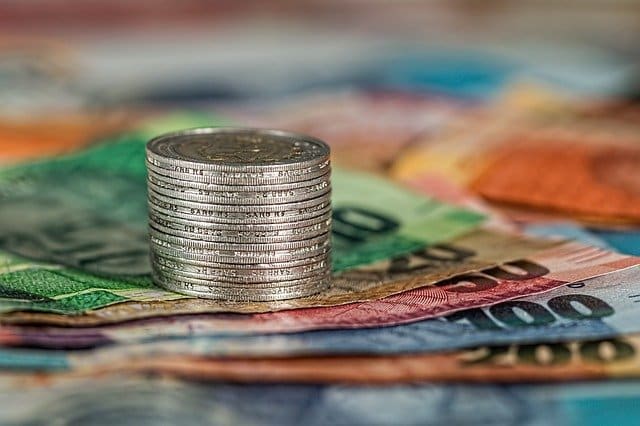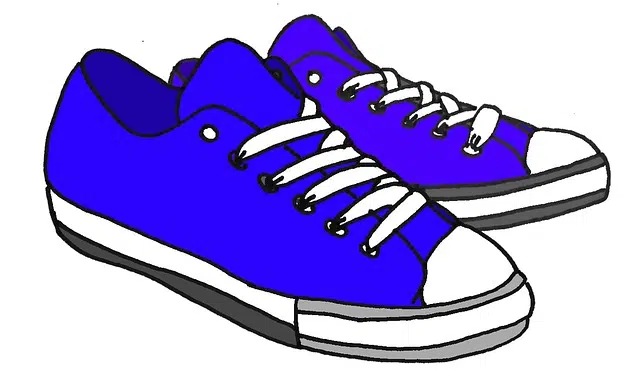
Money is a fungible good.
The etymology of fungible takes us to the Latin word fungi , which can be translated as “spend” ; On the other hand, the suffix -ble refers to things that are consumed with use. Precisely, the concept is used to qualify that which, when used, is consumed .
A fungible good , therefore, is a movable good that, when used according to its own nature, is consumed. Personal property can be moved, unlike real property .
When a consumable good is consumed, it can be replaced by another of identical quality . Non-fungible goods, on the other hand, are not exchangeable for others due to their particular characteristics .
Characteristics of a consumable good
Expendable goods, in short, are things that wear out, deteriorate or are destroyed when they are used . The typical example of a fungible thing is money : when someone uses a bill (hands it over), they spend it and cannot use it again. Either way, you can get it back or replace it with another one of the same value. Since the time of classical Roman law , which gave rise to most modern regulatory codes, money was taken as an example of a fungible good.
Suppose a person hands a $100 bill to another individual in exchange for two $50 bills . Both subjects will receive different bills than the ones they originally had, not the same physical object: however, they will have exchanged one fungible good for another (or others) that have equal value.

Sneakers appear among the consumables.
The wear
It is common for products that are manufactured in series to be consumable goods, since they do not have their own characteristics that make it possible to differentiate them between them in terms of their mode of use, their way of use or their aesthetics. Blue number 40 sneakers from the Star model of the Zapasupergold brand constitute a fungible asset that can be exchanged for any other shoe of the same number, model, brand and color.
It is important to highlight one of the nuances of this concept that often goes unnoticed: it is not possible to properly use a consumable good without its wear or consumption. This may seem like a detail, but it is essential to understand that a product of this type has no validity if it is kept in its original state : for example, money is not used while it is kept stored in a drawer, no matter how high the value. value of our savings; It is only when it is exchanged for another good that it fulfills its function.
Legislation and consumables
Given that fungible goods have such particular features, the different civil codes must include specific regulations for the contracts of which they are the subject, such as mutual contracts . These are also known as consumer loans or, simply, mutual , and these are those that have a lender on one side and a borrower on the other, between whom a consumable thing is transferred for the latter to use. and then return one of the same gender and quantity.
The bailment contract , on the other hand, takes place when one party gives a non-fungible asset free of charge to another party for use and then return. It is important to note the difference, since in this case only the return of the same good is valid and not an equivalent one. In everyday life there are many examples of loan, the most normal being the one that occurs between an Internet provider company and its clients: the first gives each one a router so that they can use the service throughout the duration of the contract. contract, with the condition that it is returned in perfect condition upon completion.
